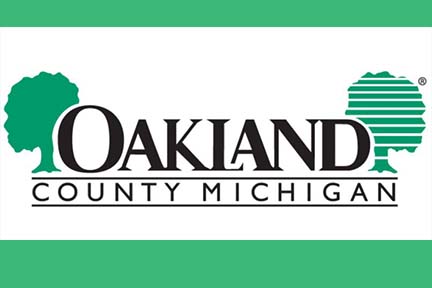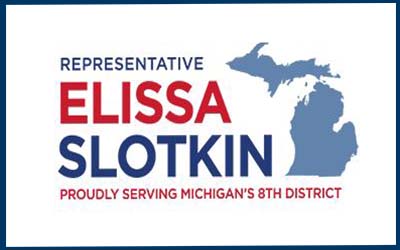
Reducing Energy Costs and Saving Money for Residents
Reducing Energy Costs and Saving Money for Residents Goal of New Oakland SAVES Grant Program
- Applications are now open for Oakland SAVES, Oakland County’s $5 million grant program to help working families make energy-saving home improvements.
- Some of the environmentally sustainable upgrades that are eligible for the grants include insulation, weatherstripping, ENERGY STAR HVAC, doors, and windows.
Jan. 23, 2024, Pontiac, Mich. – Applications are now open for the Oakland SAVES grant program, a collaboration of Oakland County and Michigan Saves, the first nonprofit green bank in the United States, to improve energy efficiency in at least 1,000 income-qualified and other households within the county. To apply, go to michigansaves.org/oaklandsaves/ or call 517-484-6474.
“At least 1,000 households in Oakland County will be able to make needed improvements to their homes, which will make them more energy efficient in all sorts of weather and help them save money on their utility bills,” said Oakland County Executive Dave Coulter. “This program, funded with federal American Rescue Plan dollars, benefits not only our residents but will result in a reduction in carbon emissions and that translates into a cleaner and more sustainable environment in the long run.”
There are two tiers of grants. The first will utilize $4 million for grants of up to $5,000 for income-qualified households. The second will use the remaining $1 million to pay up to 20 percent of a sustainable home improvement, capping out at $3,000, for any Oakland County household.
Tier one will serve residents whose income doesn’t qualify for free services from the federal Weatherization Assistance Program and most utility income-qualified programs but struggle to qualify for traditional financing. These homeowners exist within every community and are overlooked when it comes to energy assistance programs. Many of these homeowners are making ends meet but are just one emergency expense away from financial difficulty.
Some of the environmentally sustainable upgrades eligible for the Oakland SAVES grants include attic insulation, air sealing, door weatherstripping, and duct insulation. It also includes ENERGY STAR doors, windows, water heaters, air conditioners and furnaces. Program participants may also make building code or health and safety improvements associated with installing energy-efficient upgrades.
The Oakland SAVES program will be available until Dec. 31, 2025, or until the funds are exhausted. The Oakland County Board of Commissioners, working with the Coulter administration and Chief Sustainability Officer Erin Quetell, appropriated $5 million of the county’s American Recovery Plan (ARP) funds last November for the Oakland SAVES (Simple Actions for Valuable Energy Savings) grant program.
















